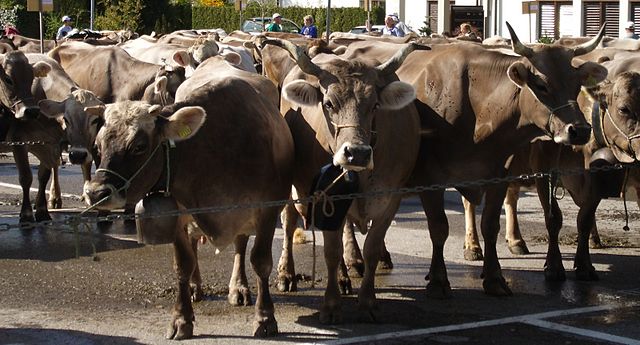Colonisation or colonization is the spread and development of an organism in a new area or habitat. Colonization comprises the physical arrival of a species in a new area, but also its successful establishment within the local community. In ecology, it is represented by the symbol λ to denote the long-term intrinsic growth rate of a population.
The range of the little egret (Egretta garzetta) has expanded since the 20th century, with the species having colonised most of the New World.
Image of the green Iguana that colonized Anguilla.
An introduced species, alien species, exotic species, adventive species, immigrant species, foreign species, non-indigenous species, or non-native species is a species living outside its native distributional range, but which has arrived there by human activity, directly or indirectly, and either deliberately or accidentally. Non-native species can have various effects on the local ecosystem. Introduced species that become established and spread beyond the place of introduction are considered naturalized. The process of human-caused introduction is distinguished from biological colonization, in which species spread to new areas through "natural" (non-human) means such as storms and rafting. The Latin expression neobiota captures the characteristic that these species are new biota to their environment in terms of established biological network relationships. Neobiota can further be divided into neozoa and neophyta (plants).

Cattle Bos primigenius taurus introduced but not naturalized worldwide
Sweet clover (Melilotus sp.), introduced and naturalized in the Americas from Europe as a forage and cover crop
Wheat Triticum introduced worldwide from its place of origin (Mesopotamia)
Male silver pheasant






